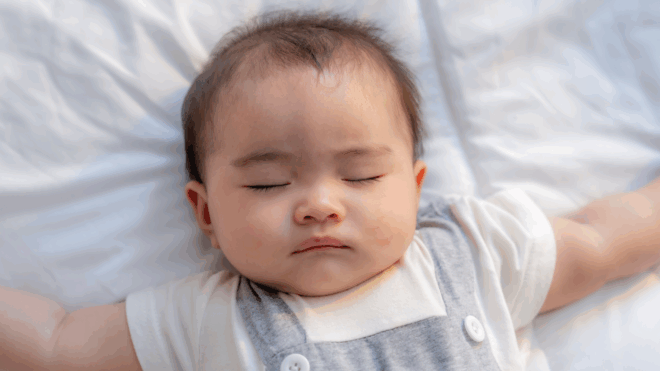I used to worry that having a mother with an eating disorder was going to put my daughter at a disadvantage in this world. For years, I worried that efforts to teach her to love her body rang hollow coming from a woman who has never been able to come to terms with her own. Nine years on, somehow, I've done the impossible: my daughter doesn't use words like "fat" and runs around our house half naked without a second thought.
But now I'm more afraid than ever. Because now my little girl is fast approaching the tween years and slowly but surely the influences of the outside world are encroaching on the safe bubble her father and I have built. She hears popular songs, sees billboards, fashion ads … messages everywhere depicting an impossible as the "ideal" woman, thrusting "thinspiration" in her face.
Try as we might, we can't keep it all out.
As a mother, it's terrifying.
Terrifying because we are the parents, we are our children's first teachers, but we are not always enough. Just take a look at a shocking image (created by Harpy Images) I saw on Facebook this week, an image of a girl surrounded by ripped out pages from some fashion magazines:
The message below in Spanish warns parents about how they talk to their daughters about weight, advising them to only speak of how the body works, not of fats and calories.
More From The Stir: 7 Truths About Eating Disorders Every Parent Needs to Know
It's a good message, but if the photo it accompanies tells us anything, it's that what we say is not all that our kids are hearing.
And you don't have take some slick ad agency's photo as truth. Science will back it up.
When researchers from Harvard Medical School looked at the rates of eating disorders in girls in Fiji, they found the girls exposed to television were 60 percent more likely to display abnormal eating habits than those without TV. Another study in 2001 determined girls with eating disorders often use fashion magazines as a sort of "how-to" to guide themselves to impossible standards of thinness.
As a teenage bulimic, I remember reading the likes of YM and Seventeen religiously, and never finding anyone who looked like me on the pages. There was no chubby nerd with frizzy hair and a flat chest.
So I ate and puked and ate and puked and threw away my babysitting money on all the products promoted on the inside of those magazines promising to give me sleek, sexy locks.
And at the end of the day, I was a slightly thinner girl with frizzy hair and a flat chest, one who was spending some two hours a day over a toilet bowl.
It was a long time ago, but it's never left me. Even as a mother of a 9-year-old girl, I slip back into old habits at times and find myself over the toilet bowl, trying to make the hatred for myself go away.
Despite medicine, despite therapy, I can never go back to those happy go lucky days of my childhood when my body just … was.
My daughter still loves herself.
But for how much longer? How many years, months, weeks, days … do I have before something breaks?
According to one study, as much as 9 out of every 10 teenage girls "hates" her body.
How do we compete with that as mothers and fathers?
Sure, we can tell our kids (because boys can also have eating disorders, it must be noticed) over and over and over again that they're perfect and beautiful. We can stress healthy eating and exercise until the cows come home. We can — and have — ban fashion magazines and their ilk, but we can't outright ban every form of media.
More From The Stir: 'All About That Bass' Is Sending Dangerous Message to Our Daughters
The billboards will still be there. The songs will still play as you walk 'round the mall.
And so all we parents can do is try. Try our best. And hope … hope for the best.
What do you tell your daughter about her body?
Images via Jeanne Sager; Harpy Images




